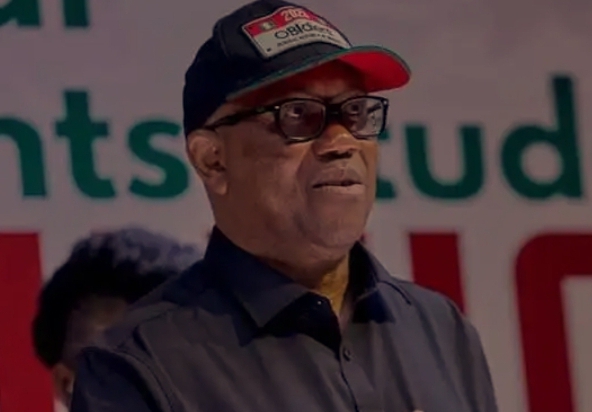The Labour party Presidential candidate in the February 25 election, Peter Obi, has said that Nigeria has a lesson to learn following the emergence of 37-year-old Humza Yousaf of South Asian descent as the Prime-Minister designate of Scotland.
Yousaf whose family traces their ancestry to Pakistan will make history by becoming the first non-White head of the Scottish government following his election as leader of the Scottish National Party (SNP) on Monday, March 27.
Humza will be the youngest and the first Muslim leader of a government in western Europe.
Yousaf’s father was born in the Pakistani city of Mian Channu, in the country’s sprawling Punjab province that borders India while his mother was born in Nairobi, Kenya, also to a family of Punjabi descent. They both migrated to Scotland in the 1960s.
A graduate of Politics from the University of Glasgow, Humza joined the SNP while he was an Undergraduate and rose through the ranks of the party, becoming a member of parliament in 2011 – the first Muslim and non-White cabinet minister to serve in the Scottish Government.
Reacting to the development on Twitter, Obi stated that in an organized democracy like the one practiced in Scotland, Character, Competence, Capacity, and Compassion, rather than ethnicity and religion form the basis on which credible leaders are voted into power and that this is a lesson for Nigeria.











